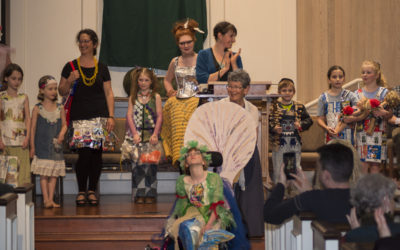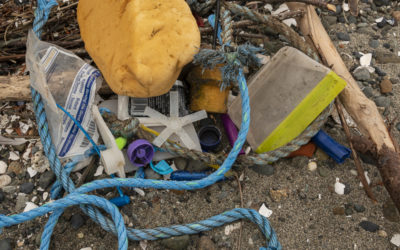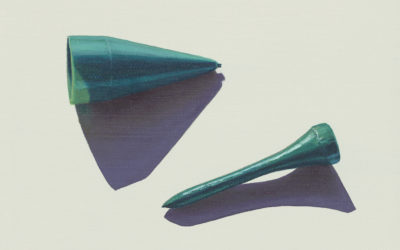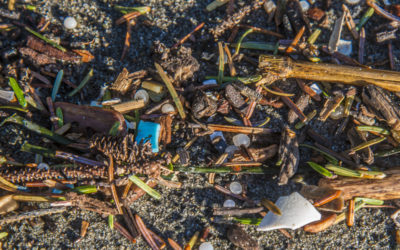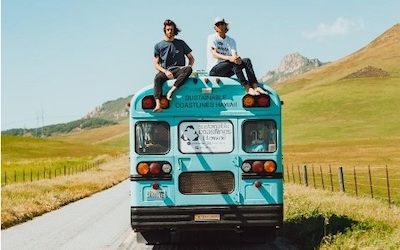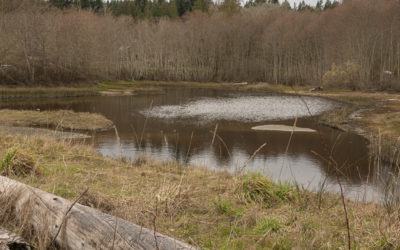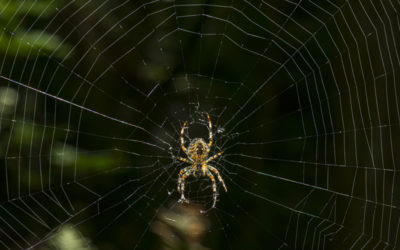ADDRESSING THE PLASTIC PROBLEM IN WASHINGTON
by Heather Trim, Spring 2020
Photo by John F. Williams
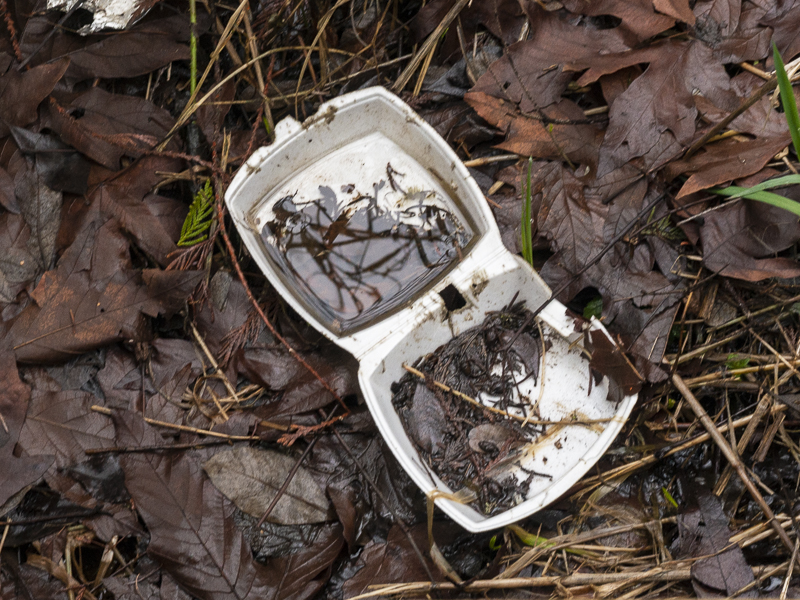
Photo by John F. Williams
ADDRESSING THE PLASTIC PROBLEM IN WASHINGTON
by Heather Trim, Spring 2020
Plastic waste is an issue for Washingtonians because we are a coastal state, and we have remaining endangered species who are potentially being impacted by microplastics. We also are an environmental leader in the country and can take meaningful actions that have big repercussions across the US.
We are working, in partnership with many dedicated individuals and organizations at local and state levels, to pass laws that both reduce the amount of unnecessary plastic and revamp our recycling system so that plastic and other materials can truly be recycled and at much higher rates.
In addition, we are working on funding and improvements in marine debris prevention and cleanup efforts. For example, we need a strong dataset of comparable data so that we can start to quantify the load of plastic going into our marine waters and change regulations to stop that flow.
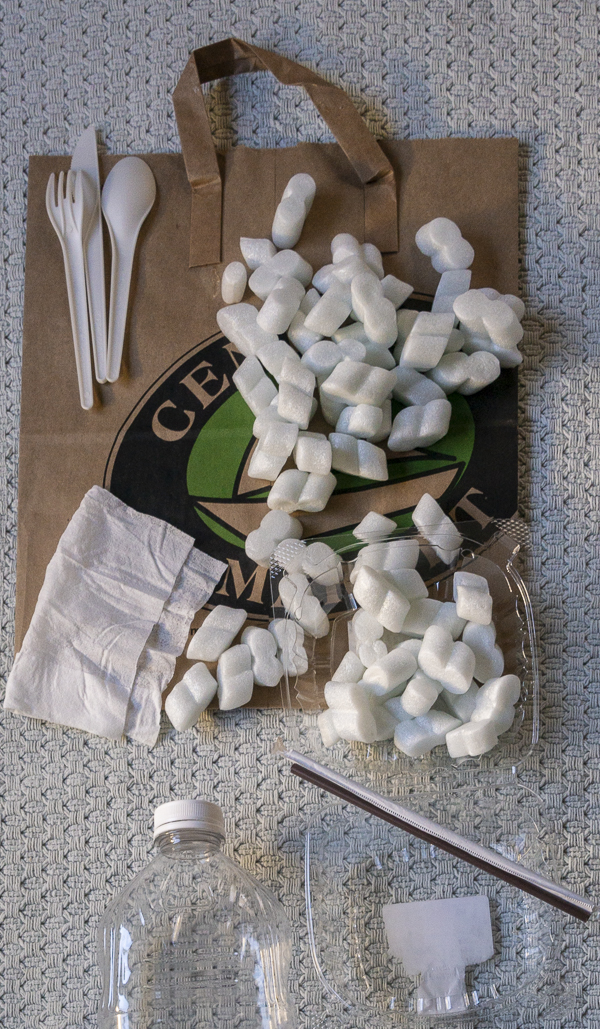
Photo by John F. Williams
Bills we worked on in the Washington legislative session that just concluded on March 12, 2020 are listed below:
Reusable Bag Bill. Building on 39 local plastic bag ordinances in Washington, this bill would ban thin plastic carryout bags at all retail establishments. Stores could provide paper or thicker plastic bags (2.25 mil thick) for an 8 cents pass-through charge.
Recycled Content Bill. This bill would require that beverage containers sold into Washington State have a minimum post-consumer recycled plastic content. It would start with 25% post-consumer recycled content in five years and then ramp up to a minimum of 50% recycled content by 2030. We need to make the recycled resin valuable relative to virgin resin (i.e., straight from oil and gas).
Flushable wipes Bill. This bill would require that nonflushable wipes be labeled as such. People are very confused by wipes and many flush all their wipes down the toilet. Nonflushable wipes are often made from plastic. Flushable wipes are made from materials that do not readily decompose in water.
legislative efforts that did not pass out of the legislature in 2020
Styrofoam Ban Bill. This bill would ban expanded polystyrene (aka styrofoam) food service products, coolers and packing peanuts. It is similar to three state bills that passed in 2019 (in Maine, Maryland and Vermont) but goes further in covering more materials.
Plastic Food Service Products (aka “to go” ware) Bill. This bill would require that food service products (plates, cups, clamshells, deli rounds, etc.) be recyclable or compostable ….and ultimately compostable-only by 2030. It also would require that utensils, straws and condiment packages be offered on demand.
Sharps Product Stewardship Bill. Similar to the medicine return bill of 2018, this bill would establish a producer responsibility program for medical sharps (syringes, needles, etc.) in Washington. The program would include collection of sharps used in non-clinical settings funded by the sharps manufacturers.
Banning withdrawal of WA water for bottled water Bill. This bill would disallow new water rights (for withdrawal of Washington waters) for water bottling by companies. This bill was specifically prompted by an effort by Crystal Geyser to build a water bottling plant in Randall, WA.
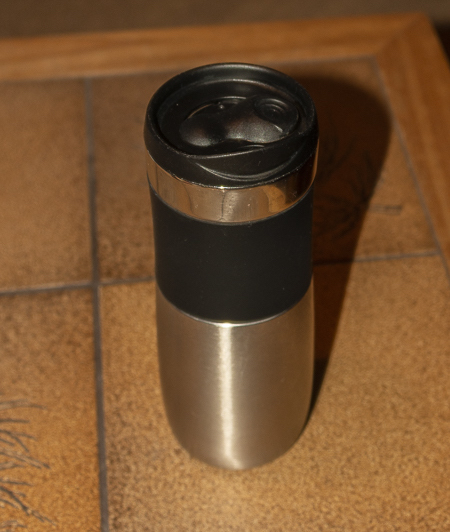
Photo by John F. Williams
what about other plastic issues?
We need to look for broader partnerships on some specific plastic items at this time. For example, we can’t do big policy bans on single-use plastic water bottles (except at institutions, airports and city events) because of the concern about lead in our tap water. Decision-makers are not comfortable making that policy leap until we can assure people that their drinking water is safe. Thus, we are working on encouraging people to bring their own reusable bottle, and we have partnered with Tap, an online app, to sign up businesses as locations where people can get their reusable water bottles refilled for free.
As you may have heard, there are some major plastic resin refineries being proposed for Washington, Oregon and other states. These facilities use oil and gas, and especially fracked gas, to make the resin that is used to make plastic products. This is both a huge climate change issue and a plastic issue. Climate activists have been working hard to stop these plants.
we are optimistic
Washington is a leader in the nation to reduce pollution. We have seen immense support from the public to address plastics. People can make the first step themselves by simply reducing the use of plastics in your own life. We also hope you will support policy initiatives in your city, county, statewide or federal level.
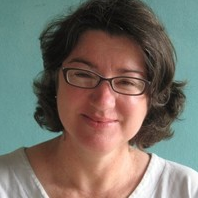
Heather Trim is executive director of Zero Waste Washington. At the state level, Zero Waste Washington is pleased to be working with partnership with a leadership group of organizations on plastics policy – The Surfrider Foundation, Puget Soundkeeper Alliance, the Seattle Aquarium and Environment Washington – along with innumerable other organizations and individuals. Please keep up the good work everyone!
Table of Contents, Issue #7, Spring 2020
Prêt-à-Porter Plastics
by Deb Rudnick, Spring 2020 Photos by John F. Williams except as notedby Deb Rudnick, Spring 2020 Photos by John F. Williams except as noted A bubble wrap bridal gown. Patio umbrella fabric cargo pants. A dress of VHS tape and electric cords. A grocery bag tutu....
Plastics & Our Salish Sea
by Alison Ahlgrim, Spring 2020Photo by John F. WilliamsPhoto by John F. Williamsby Alison Ahlgrim, Spring 2020 Take a walk along a beach anywhere along the Salish Sea, and you are likely to see all kinds of plastic waste – bottle caps, bags, toys, Styrofoam, bottles,...
Art and Plastics
by Karen Hackenberg, Spring 2020Painting by Karen HackenbergPainting by Karen Hackenbergby Karen Hackenberg, Spring 2020 Between Scylla and Charybdis, oil on linen, 28"x35", 2019, by Karen Hackenberg.My painting Between Scylla and Charybdis, can be seen as a metaphor...
Microplastics
by Julie Masura, Spring 2020Photo by Julie MasuraPhoto by Julie Masuraby Julie Masura, Spring 2020 “What do you know about plastics?" "Absolutely nothing.” This was the beginning of microplastics research at the University of Washington Tacoma’s Center for Urban...
Schroadtrip
"SCHROADTRIP": A PARLEY FOR THE OCEANS INITIATIVEby Nick Schippers (with Hans Schippers), Spring 2020 Growing up surfing on Washington’s remote and rugged coastlines, my brothers and I learned early on just how important our waters are. As avid surfers and watermen,...
Poetry-7
Poetry Spring 2020A Plastic Future Is Not Fantastic by Mahathi Mangipudi Photo by John F. WilliamsSmall Things by Janet Knox We gift them tiny plastic things to sit on a shelf or play and break to signify like or caring or thinking of you then toss in landfills...
Kingdom of Plastics
by Julie Jeanell Leung, Spring 2020Photo of Schel Chelb estuary by John F. WilliamsPhoto of Schel Chelb estuary by John F. Williamsby Julie Jeanell Leung, Spring 2020 Standing on the beach at the Schel Chelb Estuary, three days after the winter solstice in 2012, I...
A New Hope for Plastics
by Adelia Ritchie, Spring 2020Photo by John F. WilliamsPhoto by John F, Williamsby Adelia Ritchie, Spring 2020 If you’ve ever had to clear out those pesky cobwebs from every corner of your house, you know how ubiquitous and stubbornly persistent our house spiders can...
PLEASE HELP SUPPORT
SALISH MAGAZINE
DONATE
Salish Magazine contains no advertising and is free. Your donation is one big way you can help us inspire people with stories about things that they can see outdoors in our Salish Sea region.
We also don't advertise Salish Magazine, so please spread the word of this online resource to your friends and colleagues.
Thanks so much for your interest and your support.
We also don't advertise Salish Magazine, so please spread the word of this online resource to your friends and colleagues.
Thanks so much for your interest and your support.

